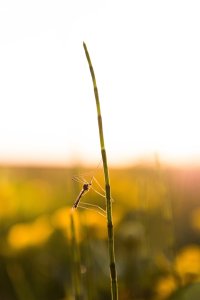
Amie Sparrow shares practical tips on protecting yourself from mosquitoes.
Use these tricks to stay bite-free
Nothing can ruin a relaxing outdoor trip faster than having to be constantly on guard to defend against mosquitoes. Unfortunately, they’re a fact of life for outdoor enthusiasts because the things we love doing most while camping, such as running, exercising and exploring are the very things that attract the pesky little buzzers.
Fortunately, there are some things we can do to ease our defences against mosquitoes. Here are five steps you can take to prevent yourself from becoming a mosquito magnet on your next camping trip:
Check your surroundings.
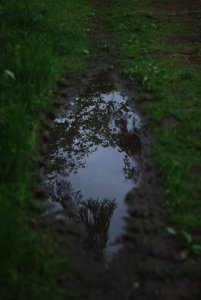
If you know where mosquitos like to hang out, you can better prepare and avoid the blood-sucking biters. Mosquitoes love standing water, marshy areas and tall grasses. Their larvae live in standing water; however, different types of mosquitoes have different preferences when it comes to what type of water.
According to the Center for Disease Control (CDC), some mosquitoes lay their eggs in ‘permanent’ bodies of water such as in swamps and marshes, or lakes and ponds. Other mosquitoes lay eggs in areas that are damp or above the water line.
These smart little buzzers know that more water will come at some point, so while the eggs dry out initially, when the water comes, the eggs are ready to hatch. So, if you’re hoping to avoid mosquitoes, you may want to make sure your tent isn’t too close to that murky pond, stagnant puddles of water or an overgrown field.
Keep it breezy.

If you’re camping in an area with low winds, it might be a good idea to move your campsite to somewhere with a bit of a breeze, as this can make it more difficult for mosquitoes to land on you.
If you’re camped and sitting in still air, you might want to consider using a fan. This could help make it more difficult for mosquitoes to stay in flight, as mosquitoes are actually weak fliers. Even an oscillating indoor fan blowing on a medium setting can help keep them away. In addition, the fan adds another layer of protection by blowing – and therefore dispersing – the smell of carbon dioxide and other smells that mosquitoes use to find their next lunch.
Remember, mosquitos are most active between the early morning and late evening hours – dawn and dusk – and aren’t as active during the day if there’s bright sunshine, so plan your day (and your portable fan’s battery usage) accordingly.
Check the mosquito forecast.
Research your outdoor area ahead of time by checking the mosquito forecast. Pest control brand OFF! ® has developed a new tool called OFF! Cast Mosquito Forecast. The tool can predict mosquito activity anywhere across the U.S. – up to seven days in advance – based on mosquito biology.
To test the accuracy of the tool, the team validated the Mosquito Forecast by comparing it to six years of mosquito population data. That’s 33 million data points. These results confirmed that the mosquito forecast predictions matched the reality on the ground. So, before you set out on your next camping trip, get your local mosquito forecast as easily as your local weather forecast by using the mosquito forecasting tool.
Beware of booze.

Drinking with your friends by the campfire can be a great end to a day of outdoor activities. But do you know when you drink alcohol you become a delicious target for mosquitos?
A study published in the National Library of Medicine found that the percentage of mosquitos landing on volunteers significantly increased after ingestion of just 350ml of beer. In fact, if you’re looking for ideas for a mosquito trap, an open can of beer placed well away from where you’re sitting could tempt mosquitoes, as they are attracted to carbon dioxide, which is released from your fizzy can of beer.
And, if you’re hoping to get the mosquitoes drunk so they’ll go sleep it off somewhere, you’ll need to rethink your plan – mosquitoes unfortunately don’t catch a buzz from our blood.
Make a run for it.
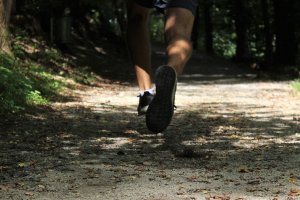
Running and jogging may be good for your health, but it is definitely not helping to protect you from mosquitoes. One thing that really attracts mosquitoes is the carbon dioxide we exhale, so make sure you’re well-protected from mosquitos before you exert yourself on a hike or a run.
Mosquitos love the pheromones in people’s sweat, so keeping protected is required if you don’t want to come back covered in bites. In addition to carbon dioxide, mosquitos are also attracted to lactic acid. If you’re an exercise enthusiast, you’ll know that lactic acid is created during intense exercise, which will make you even more attractive to mosquitoes.
When it comes to outdoor exercise, you’re already at a relatively high risk of being bitten. So, make sure that you have time on your side! Mosquitos are most active early in the morning and late at night – they avoid peak sunlight hours. This is because direct sunlight can be deadly for them. They can get overheated and dehydrated in the direct sun. So, if you’re planning on exercising outdoors during these peak mosquito hours make sure you protect yourself from them.
Protecting yourself from mosquitoes: A few more tips.
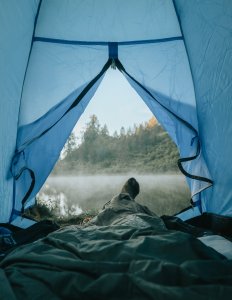
In addition to the steps listed above, you can make sensible choices with your camping gear to further protect yourself. Having a screened enclosure to spend time in will definitely come in handy on your camping trip. Keeping your tent and screens zipped shut at all times is another way to ensure you won’t spend your night swatting.
As mosquitos (and other insects) are attracted to light, you may want to think twice before crawling into your tent with your flashlight on as it could act as a beacon to draw them into your tent with you. You don’t have to worry about your campfire, though, as the smell of the campfire is not attractive to mosquitoes.
You can also invest in mosquito-proof camping clothes, or wear thicker fabrics like denim and wool, which mosquitoes will have a harder time penetrating. If you’re wearing camping attire that is thin and tight to your skin, expect little-to-no resistance from the piercing needle-like nose of a mosquito.
Now that you know how to protect yourself, you don’t have to spend your entire camping trip scratching bites and swatting away mosquitoes. With a bit of pre-planning and some anti-mosquito tools or even mosquito-repelling plants in your arsenal, you can reduce your chances of becoming an insect’s lunch on your next outdoor adventure.
Sharing your tips for protecting yourself from mosquitoes.
What have you found that works best? Is there anything you would like to share to add to the above? Perhaps you have some other pointers to protect yourself from mosquitoes or have a story to tell when you were last out in the great outdoors. We would love to hear your thoughts in the comments below.

Amie Sparrow
Amie Sparrow is a former news journalist who enjoys writing about all sorts of topics – especially when she can learn something new. She is a frequent traveler who has lived on three continents. When she’s not working, she can be found relaxing with a glass of wine, planning her next adventure.



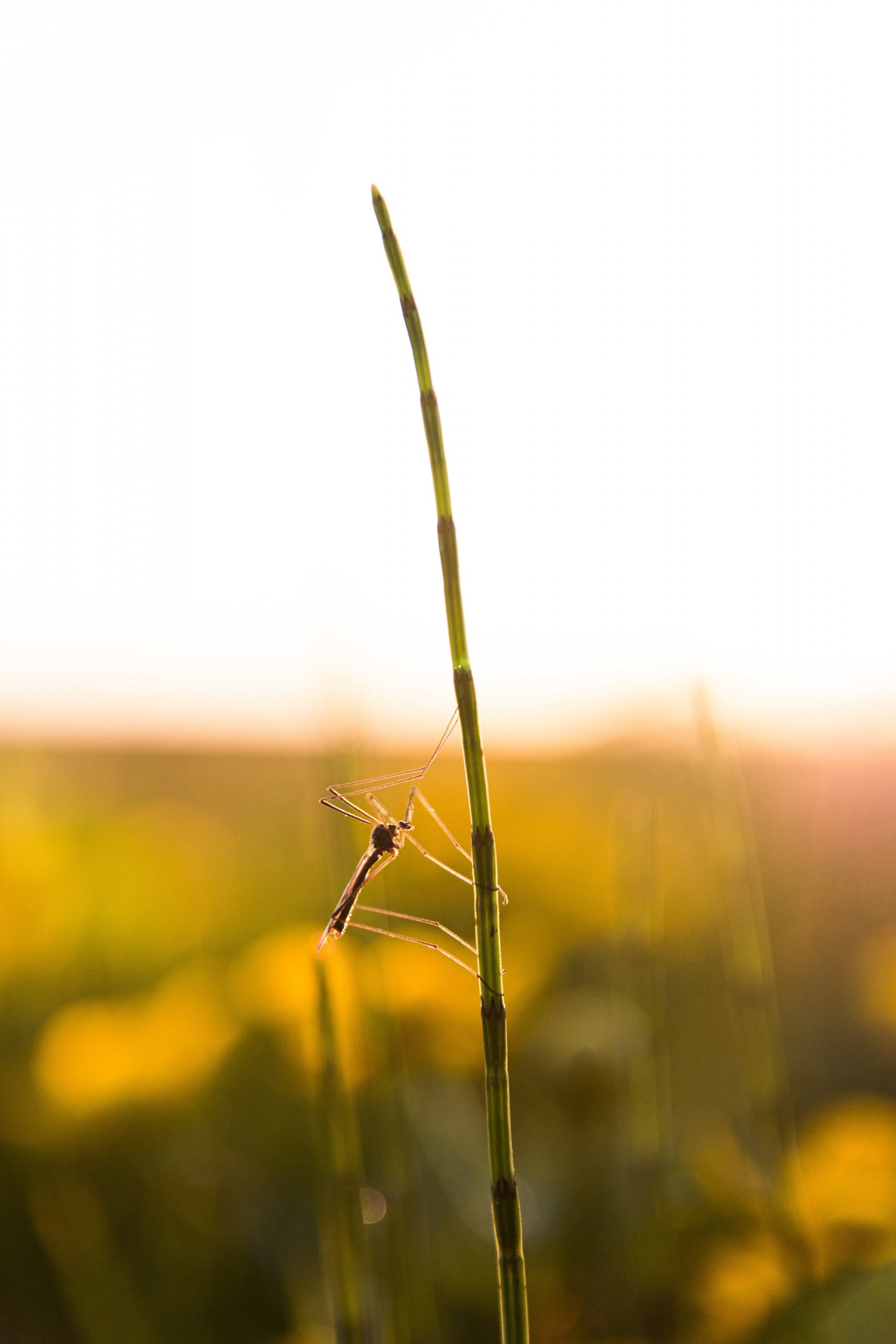
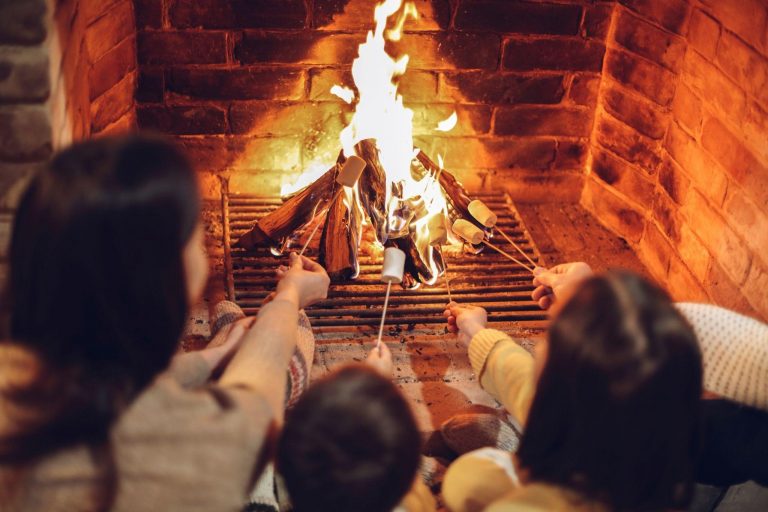
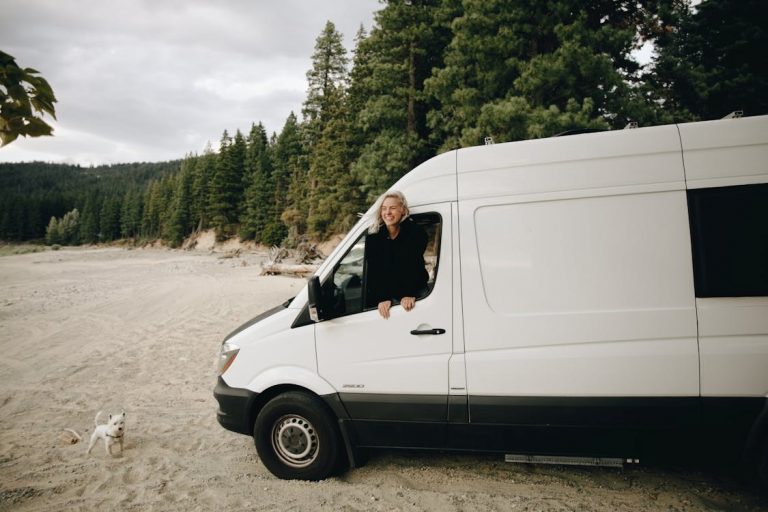
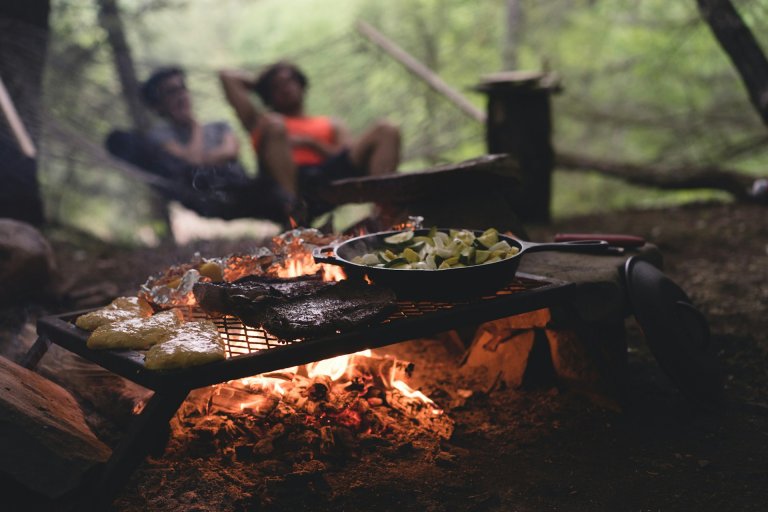
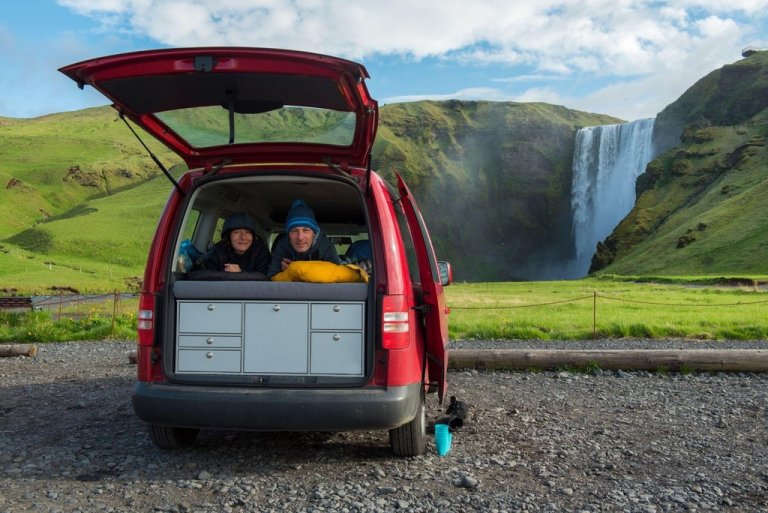



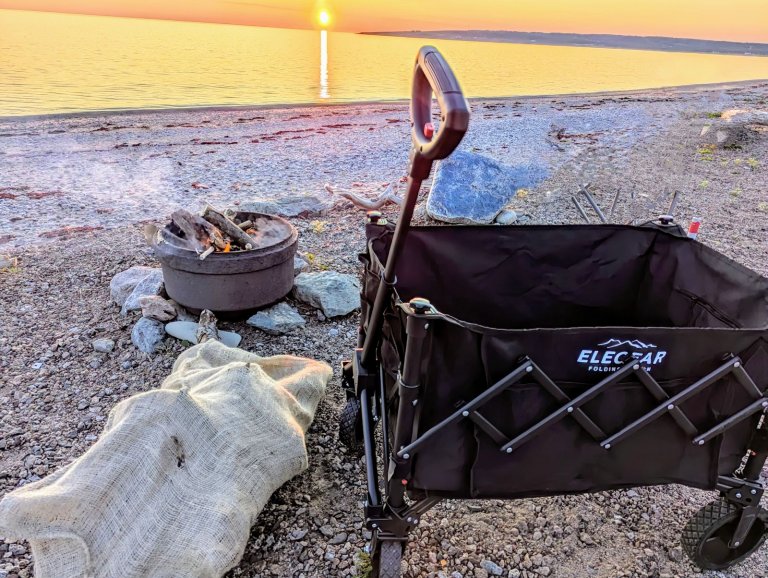
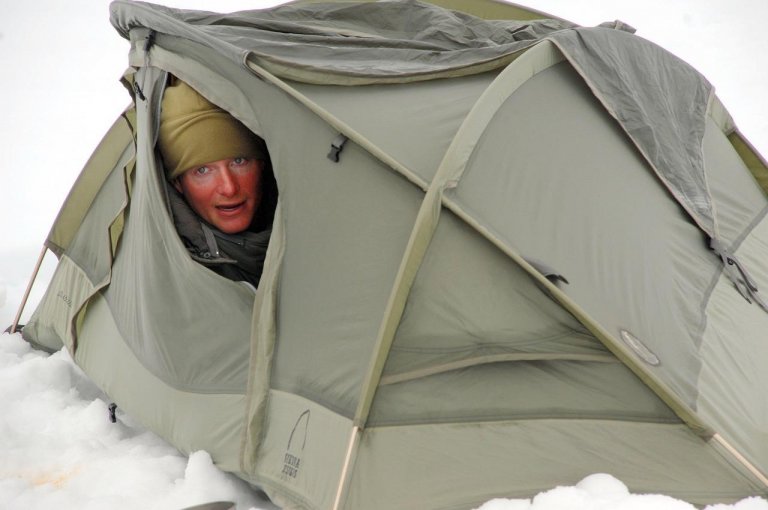

Leave a Reply